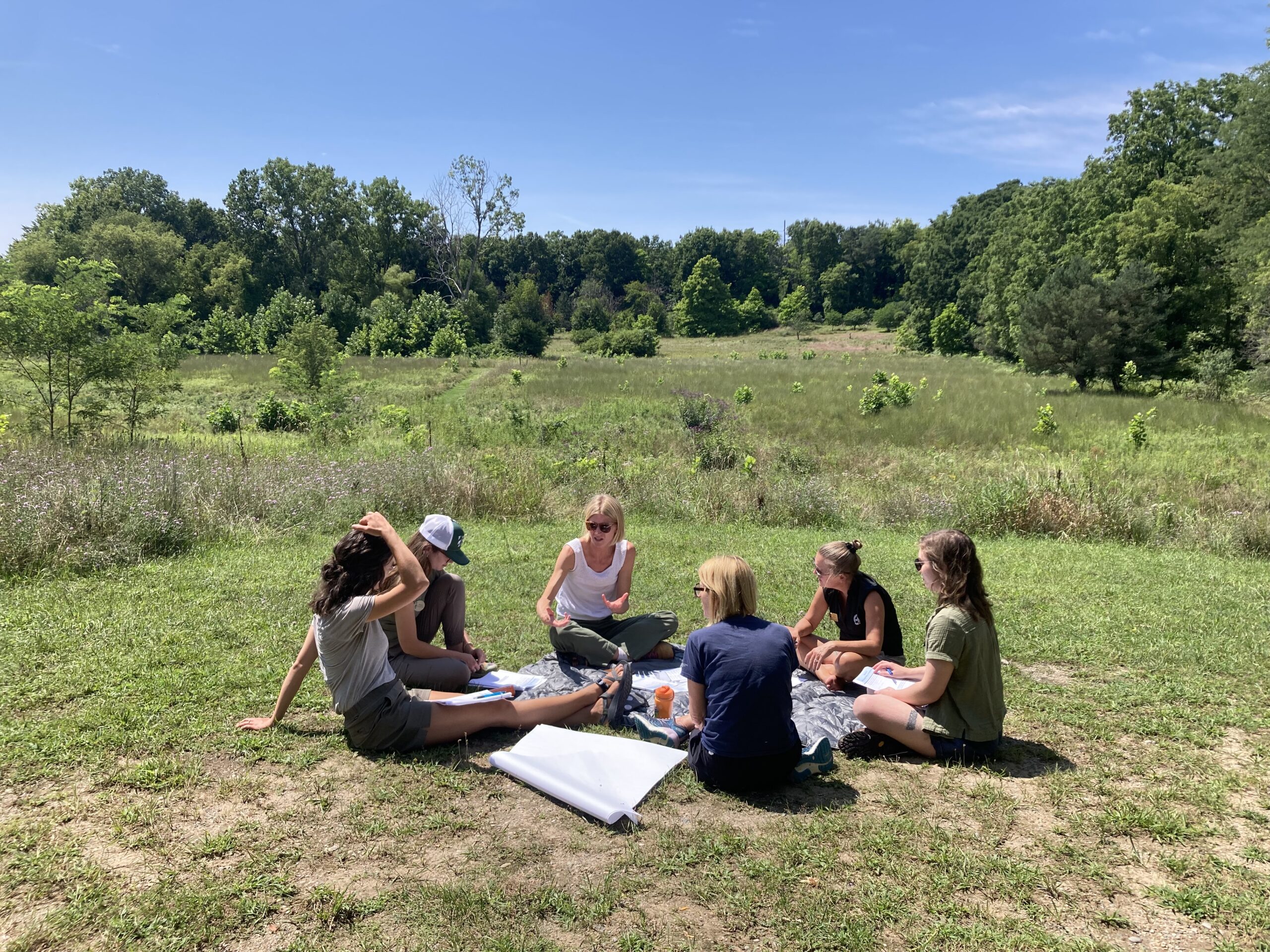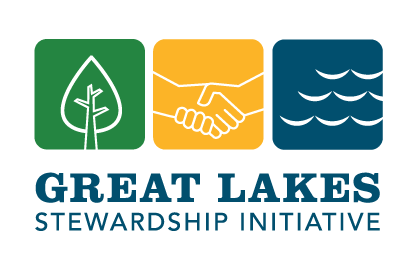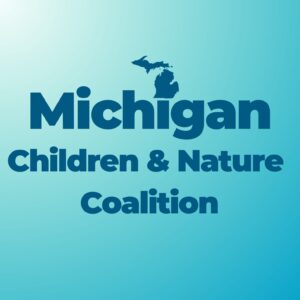What?
In 2024, the Great Lakes Stewardship Initiative (GLSI), in partnership with the Children & Nature Network (CN&N), and with support from the Kresge Foundation, launched a sustained initiative to increase access to, and engagement with nature and related programming throughout Michigan. This multi-year initiative will lead to increased funding and supportive state-level policies conducive to thriving, equitable children and nature connections at school, in the community, and beyond. The initiative will also increase statewide collaboration and engagement around critical practices, programs, and infrastructure that support sustained youth access to nature, such as through green schoolyards, Pre-K-12 teaching and learning pathways, other formal and nonformal learning structures and program, early childhood learning, nature-based play, outdoor recreation, and more.
You can connect with the coalition and inform the work ahead by completing this Michigan Children & Nature Coalition Survey.
Why?
The needs and opportunities related to connecting our youth to nature are diverse and varying across the state, and we recognize that successful strategies and solutions in one community or region may not be relevant or applicable elsewhere. We know that access to nature can be universally beneficial, for all ages, as a component of our communities and daily lives. Connecting to nature through learning, play, and many other forms of engagement can improve and sustain physical and mental wellbeing, increase connections to community, inspire and inform career pathways, and spark joy, curiosity, wonder, and a personally meaningful sense of place. The children of our state deserve well supported, equitable, and relevant pathways to benefit from engaging with nature throughout childhood.
Who?
The coalition is striving to bring leaders and stakeholders together who represent diverse voices, skills, capacities, needs, and solutions from across the state. There are currently 150 entities engaged in the coalition, including community-based organizations, school districts and individual schools, early learning and childcare centers, hospital and healthcare teams, nature centers, community colleges and universities, municipalities and local agencies, state government departments and offices, and more.
The coalition effort is coordinated and facilitated by the team at Great Lakes Stewardship Initiative. Overall coalition leadership and guidance is provided by two steering committees representing more than a dozen organizations and entities across the state.
Implementation Steering Committee
The Practices Leaderhip Committee serves to develop and regularly convene a statewide network of relevant parties to increase peer learning, resource exchange, and collaborative action around issues of connecting children and nature (green schoolyards, green stormwater infrastructure, Pre-K-16 learning pathways, nature-based play, etc.). The network will engage with and benefit diverse entities throughout the state associated with connecting children and nature, to include statewide and regional organizations, schools and districts, early learning and childcare centers, tribal leaders, state agency leaders, and community partners.
Policy Steering Committee
The Policy Leaderhip Committee aims to accelerate systemic change in Michigan that advances youth access to, and engagement with, nature. The committee is working to identify and develop relevant policy priorities and/or advocacy opportunities, especially at the state level, and to guide member participation and collective action.
How?
You can join the MCNC by joining the coalition’s free online community hub here. This is the place to connect with other coalition members and see what’s going on across the state.
You can also connect with the coalition and inform the work ahead by completing this Michigan Children & Nature Coalition Survey.
Where and When?
MCNC Upcoming Meetings & Events
The above link takes you into the MCNC online community events calendar which shows where and when MCNC events will be happening! You must create a profile to join the platform and see events.

Since 2005, the number of studies of the impact of nature experience on human development has grown from a handful to nearly one thousand.
This expanding body of scientific evidence suggests that nature-deficit disorder contributes to a diminished use of the senses, attention difficulties, conditions of obesity, and higher rates of emotional and physical illnesses.
Research also suggests that the nature-deficit weakens ecological literacy and stewardship of the natural world.
These problems are linked more broadly to what health care experts call the “epidemic of inactivity,” and to a devaluing of independent play.
Nonetheless, we believe that society’s nature-deficit disorder can be reversed.
 Great resources can be found in the C&NN Research Library!
Great resources can be found in the C&NN Research Library!

